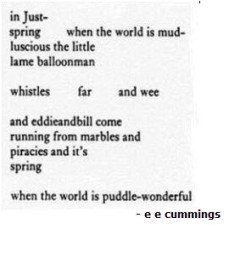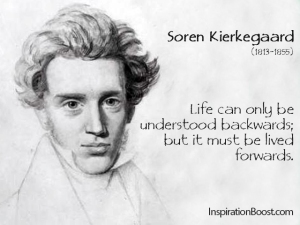
Recently in a conversation with a faculty at a reputable law school, I was asked what I saw as the biggest shortcoming in recently graduated young lawyers. I shot the answer out lickety split–no question about it–they completely lacked the ability to think strategically. The question that followed was–well, one naturally to be expected: Would you be willing to conduct a lecture as part of a post graduate offering, on how young lawyers can learn to think strategically? Again, my answer was far too quick. Flooded with the a rush of self congratulation over the invitation, the answer oozed out of me as smoothly as a salted caramel from chocolate on a hot day…” I’d love to.”
Thirty days into the process of designing the itinerary for the self-discovery journey to strategic thinking, apropos of the subject, I find myself murmuring: What was I thinking? Was I thinking at all? One thing for certain there was nothing measured or tempered about my enthusiasm to take on the challenge. Dare I say–nothing strategic about that decision. So on this glorious weekend summer’s day in a small Connecticut village that New Yorkers kill themselves to get to negotiating I-95 every Friday night, I sit. At my computer. An intentionally made-to-look-retro fan keeps me cooled while its rattle drowns out bird tweets and competes with gentle breezes. “Help Me Rhonda” fittingly plays in the background.
In the last thirty days, I have spent most of my discretionary time reading everything in sight and googling every conceivable variation of the phrase “how to teach strategic thinking”…to adults, to millennials, nay even children. After querying colleagues and daughter MBA candidate came the flood of recommendations… Kahneman’s “Thinking Fast and Slow” and Covey’s classic, “The 7 Habits of Highly Effective People.” A trip to the book store lured me with no fewer than ten different volumes of HBR (Harvard Business Review) compilations–promoted as “must reads.” I got the one on “managing people” possibly influenced by the tag line “If you read nothing else on managing people, read these definitive articles.” Sold.
So, in these intervening weeks since the caramel oozed out of my chocolate, my world has become an exploration of mastering outside the box inventiveness, analyzing human effectiveness and managing intuitions and interventions.
For those of you who are regular followers, this is the part of my blog where I pull something out of the hat of my past and draw an connection that most assuredly seems to have little to do with the blog topic. My personal paraprosdokian literary widget.

Not too long ago on my way home from work, I passed Tate Modern and read a poster about an exhibit of Matisse’s cutouts. It was there, on the south bank looking up at the billboard promoting the exhibition, where I learned, for the first time, that my favorite Matisse art piece was actually a collage fashioned from cut out pieces of paper. How did I not know that in the 40 years since my first encounter and subsequent love affair with the piece? Now come to find out, he didn’t paint or even draw my favorite blue nude–he pasted it. I believed I knew a Matisse painting when I saw one. Turns out, I didn’t. As for pornography and knowing it when I see it–I’m going to have to reconsider that as well. Which brings us to strategic thinking…right now I can’t quite pin down for you what it is or how you can acquire a knack for it, but I can tell you this: if you work with me, trip up and make that strategic fail and I can be all over you like a wet t-shirt.


 a point where commentary is more and more measured– mindful of how one’s words might be construed in an entirely unrelated context, years from when they were originally uttered. At work is a sort of personal iteration of the “observation effect” alluded to by quantum scientists–considering what one wants to say (the particle), observing the two slits ahead (what you mean and what someone else might construe you to mean) and the “interference”–your inner voice modifying the words and modifying the thought process that generated them–resulting in the original thought differently (and more safely) expressed.
a point where commentary is more and more measured– mindful of how one’s words might be construed in an entirely unrelated context, years from when they were originally uttered. At work is a sort of personal iteration of the “observation effect” alluded to by quantum scientists–considering what one wants to say (the particle), observing the two slits ahead (what you mean and what someone else might construe you to mean) and the “interference”–your inner voice modifying the words and modifying the thought process that generated them–resulting in the original thought differently (and more safely) expressed.


